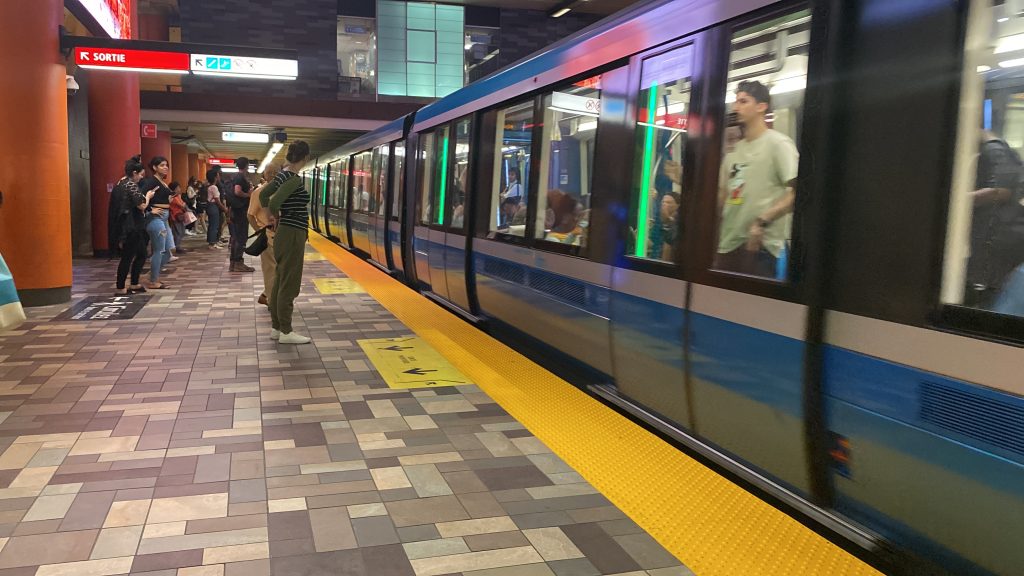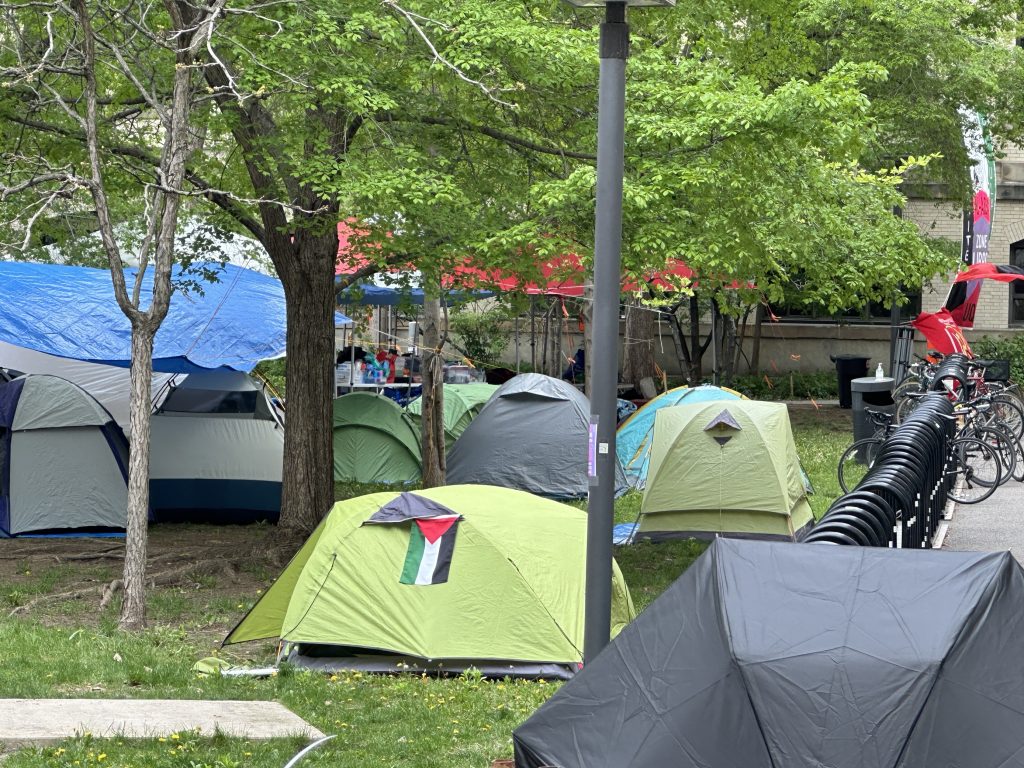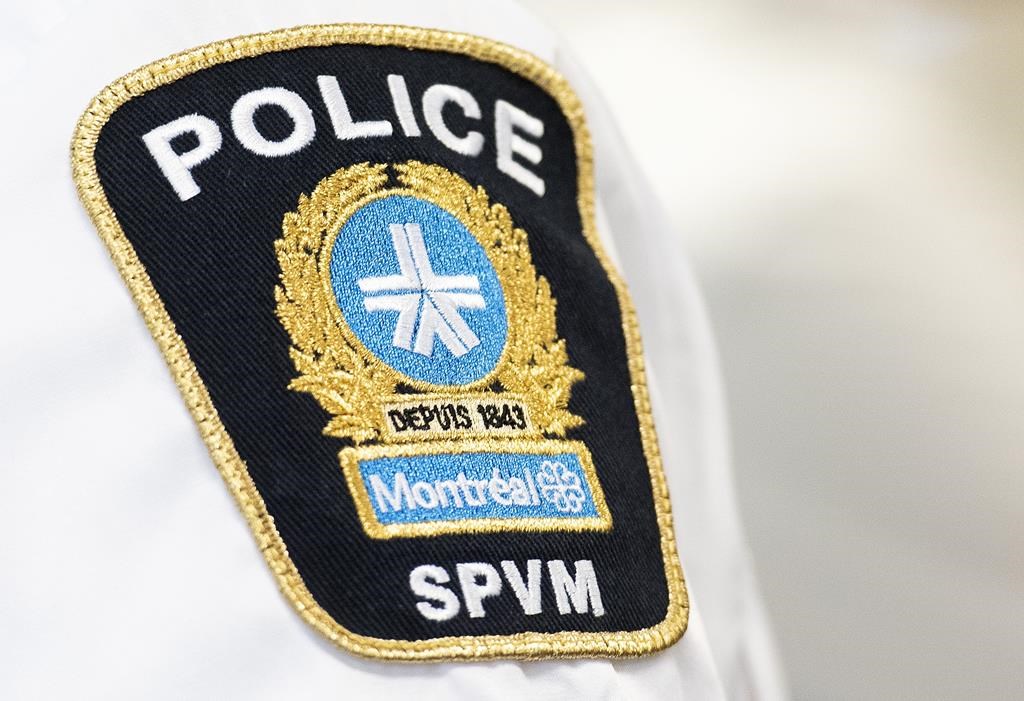Montreal considering public transit cutbacks, possibly ending metro service at 11 p.m.
Posted October 27, 2023 12:06 pm.
Last Updated October 27, 2023 6:24 pm.
Montreal’s metro service may only run until 11 p.m. as part of a possible cutback to deal with a reduction in public transit funding from the province.
Quebec’s transport minister, Geneviève Guilbault said earlier this week that Quebec can only cover 20 per cent or $500 million of public transit companies’ estimated $2.5 billion deficit over the next five years.
“Deficits are the responsibilities of the municipalities, not the government’s. But even though it is written in black and white, we have been there to help. We have put more money than ever to help societies because of the pandemic. We put 2.1 billion dollars to compensate money that didn’t come from users because they were confined in their homes,” said Guilbault.
It means the public transit authorities are weighing their options on how to move forward while absorbing the costs.
“We will come up with another offer, but you cannot think that the government has the money to pay for 75 per cent of deficits on which we have absolutely no control, this is not a normal situation,” said Guilbault.
On Friday, Premier François Legault said the government is ready to continue discussions with municipalities in order to adjust the share of public transport company deficits that it will absorb in the coming years, but warns that cities will have to do more in a context where “the room for maneuver is not infinite in Quebec.”
However, municipalities grappling with these issues, particularly in the Montreal region, launched a cry for help on Thursday, maintaining that they will be forced to make significant cuts in services if aid from Quebec is not improved.
Montreal Mayor Valérie Plante saying they want to find a solution.
The possible plan to reduce services first came to light from a confidential document obtained by Radio-Canada, mentioning ending evening Metro service at 11 p.m., stopping intercity bus routes after 9 p.m., and closing some routes.

The government is expected to present a new offer soon, possibly by Sunday, but the premier tempered expectations Friday.
“The management of public transport is the responsibility of the cities, the municipalities,” he said. “We participate, we will continue to participate in the financing, but it is also important that the cities, the municipalities, participate.
“There are discussions currently taking place which will continue, probably even after Sunday, so we will make sure to continue to participate in the financing, but I want to remind the cities that the room for maneuver is not infinite in Quebec, as in municipalities elsewhere.”
STM says scenarios are hypothetical
The Société de transport de Montréal (STM) declined CityNews’ request for an interview, but said in a written statement that they have to analyze different scenarios to anticipate the implications, but have “no intention of implementing these hypothetical scenarios.”
“Our desire is to increase our range of services to meet the population’s needs in terms of public transport and sustainable mobility,” said spokesperson for the STM, Isabelle A. Tremblay.
Tremblay says the STM has made efforts to control expenses in recent years, by increasing initiatives, without affecting operations or services.
“In 2022, we managed to absorb $18 million. In 2023, we will be able to absorb more than $50 million. This is considerable considering that more than 85% of our budget is dedicated to service delivery,” said Tremblay. “For 2024, the actions that are being evaluated now mark a major turning point where we will move away from non-recurring savings and adopt recurring measures that will have long-term effects.”
The STM says public transport must be made a collective priority and an investment for future generations.
“We want the public transit system to be functioning. The retail stores, and the restaurants, want people to come downtown. They want people to feel like they will be able to go back at the end of the evening, so all those discussions cannot be about what services we cut. It has to be about what should we keep in place so that the system remains functioning and fluid,” said Michel Leblanc, Metropolitan Montreal.
“It is necessary to review the financing of public transport to find dedicated, indexed, and recurring sources of financing.”
– With files from The Canadian Press



